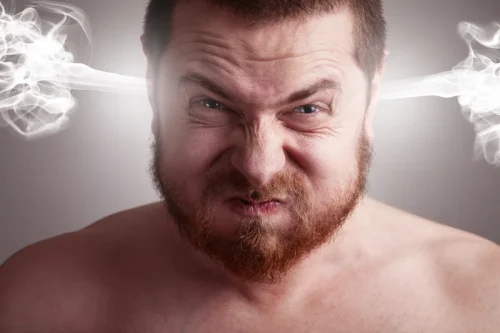
Lack of sleep often leads to self-neglect, which can make a person more vulnerable to using again. Recovery is a day-to-day process that requires a focus on healthy living. If someone is not operating with all of their faculties due to exhaustion, they are less likely to be employing the techniques they learned in treatment. A person in recovery may begin to believe that they can use again without falling back into their addiction.
Stress Increases Vulnerability to Triggers and Relapse
- Clinical experience has shown that occasional thoughts of using need to be normalized in therapy.
- Pathways involved in how a person feels pleasure and processes rewards, memory, and decision-making can be altered through substance abuse.
- If you make a mistake along the way, this doesn’t mean that your efforts are doomed or that you should give up hope of meaningful change.
- Seeking professional help when faced with challenges during your recovery journey is paramount.
- These cues are more commonly known as “triggers,” and they may manifest in completely different ways from person to person.
Most relapse prevention strategies focus on building cognitive-behavioral skills and coping responses. Identifying triggers offers an opportunity for personal growth and self-reflection. By becoming aware of factors that may contribute to relapse, individuals can understand their own vulnerabilities and address underlying issues fueling the addiction.
People Trigger Relapse
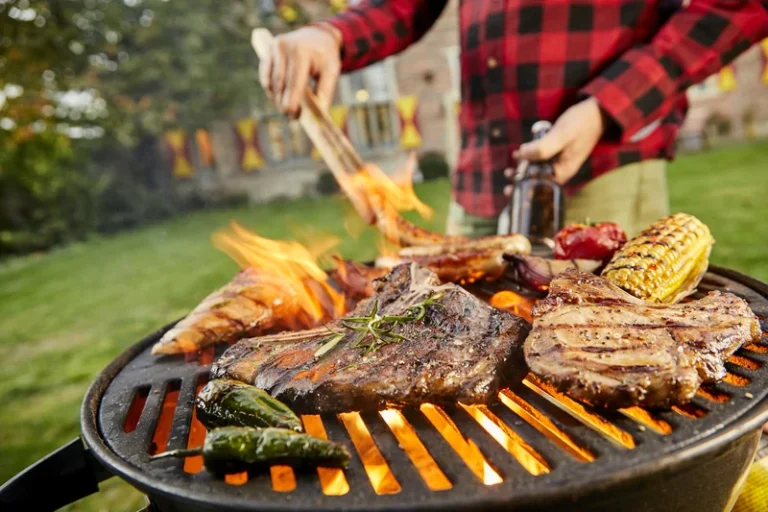
To make celebrations a safe space, ensure that there is at least one person present that will make sure you do not do anything detrimental to your recovery and health. Unfortunately, happy times can lead to relapse, especially when they involve parties and include temptations like alcohol. While you can avoid some celebratory events, you probably cannot avoid all of them, and some will inevitably include alcohol or other temptations. Perhaps your partner or friend at these events can have your back and help you resist if you are inadvertently offered something that could trigger a relapse. Depending on a trusted friend can get you through a tempting situation unscathed.
Nostalgia for Substance Abuse
HALT is one of the more common and well-known relapse triggers in addiction recovery. These sensations can bring about a desire for the drug you’re working so hard to quit. You can avoid HALT-triggered relapse by maintaining a solid routine that includes meal scheduling, support meetings and getting enough sleep. This may come as a surprise, but being overconfident during your recovery is actually a huge relapse risk. Having confidence is important, but becoming overconfident may prompt you to feel like you don’t need a relapse prevention plan.
Causes of Relapse in Late Stage Recovery
- If you have any questions or need additional treatment after a relapse, please contact us today.
- It may also involve normalizing occasional thoughts and relapse, and learning methods to let go of them quickly.
- This self-awareness helps cultivate resilience and enhance overall well-being.
- It is crucial to identify such situations and consciously make the decision to avoid them.
- It is common for people who struggle with addiction to relapse at least once during recovery.
It involves taking the time to tend to your mental and physical health, such as getting enough sleep, eating healthy food, and exercising regularly. There are different models and techniques to include in your relapse prevention plan. They’re based on building your knowledge and skills to combat substance use. Events, specific people (such as friends who are also using), and certain places can put you at a higher risk of relapsing. Parties, bars, and other places where alcohol or drugs are present can be particularly risky for individuals with addiction. The presence of substances in these settings types of relapse triggers can make the temptation to use them stronger.
While holidays are a time of celebration for some, they may be a struggle for people in recovery. Family and friends often tempt those in recovery to consume alcohol because they are under the misconception that one deviation from the treatment plan will not be detrimental. If you are starting to consider relapse, you may find that you are exposing yourself to possible triggers, even subconsciously. If you find yourself in high risk situations that could trigger a relapse, you should immediately reach out to someone that you can trust and who is supportive of your recovery. Talking through the trigger and enlisting someone else’s help can provide you with the motivation and assistance needed to overcome the trigger and stay sober.
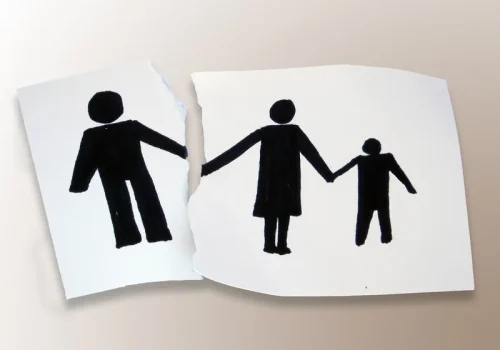
Relapse Risk Factors
According to Marlatt, what matters after a lapse is the person’s emotional response to the violation. This response can be a good indicator of whether the individual will relapse. But clients and families often begin recovery by hoping that they don’t have to change.
When it comes down to situations, everyone handles adversity differently. While some people manage difficult situations with ease, people in recovery can easily slip back into old habits when dealing with new situations. For instance, the death of a loved one can easily trigger a relapse in a recovering addict. Some, people struggling with drug and alcohol addiction feel as though they can’t mix and mingle without the use of substances. Recognizing these signs and symptoms of physical relapse is crucial in order to prevent a full relapse.
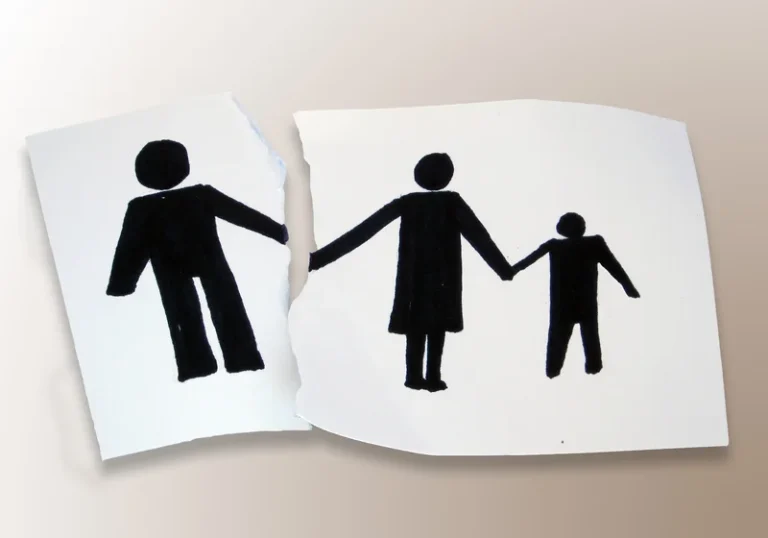
Major Life Changes
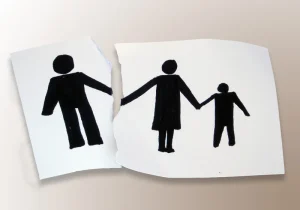
When individuals exhibit poor self-care and live in emotional relapse long enough, eventually they start to feel uncomfortable in their own skin. As their tension builds, they start to think about using just to escape. But their emotions and behaviors are setting them up for relapse down the road. Because clients are not consciously thinking about using during this stage, denial is a big part of emotional relapse. When people in recovery succumb to triggers, their brains create reasons to use substances despite knowing that they must remain abstinent. This ongoing fight increases their vulnerability to cravings, which may result in a potential relapse.
- This may be within your marriage, a friendship, a working partnership, or a familial relationship.
- It’s crucial to address these negative feelings to prevent an emotional relapse.
- CBT effectively reduces the risk of relapse and is an integral component of the recovery process.
- High-risk situations refer to circumstances that increase the probability of relapse for individuals in addiction recovery.
Managing External Triggers
Many people with eating disorders consume food out of boredom, and boredom can allow your mind to drift to “what if” situations involving alcohol or whatever your drug of choice is. Beware of the danger of boredom, and work with your counselor or another trusted friend to help you build a plan for coping with boredom in healthy ways. Denied users will not or cannot fully acknowledge the extent of their addiction. Denied users invariably make a secret deal with themselves that at some point they will try using again.
